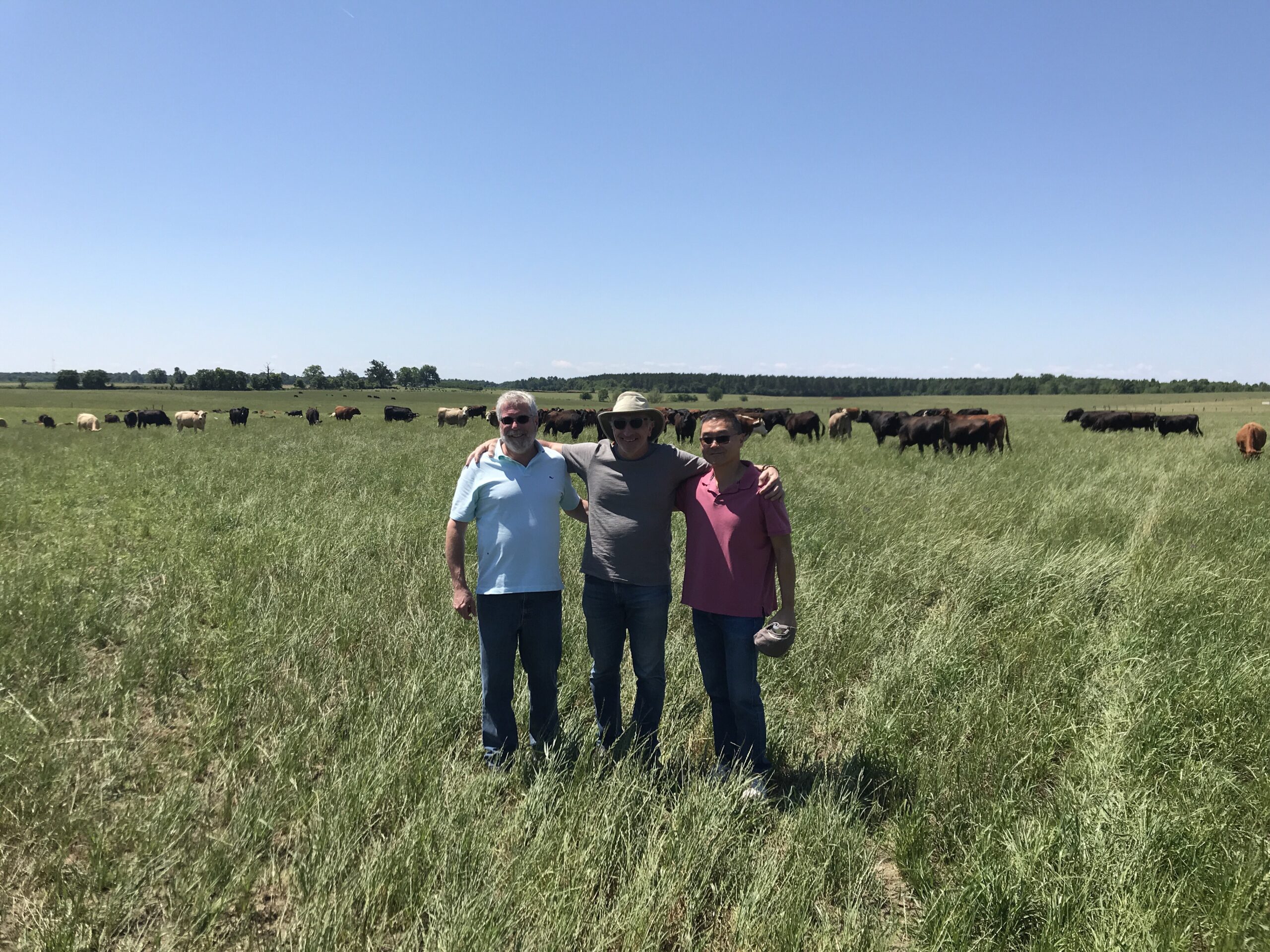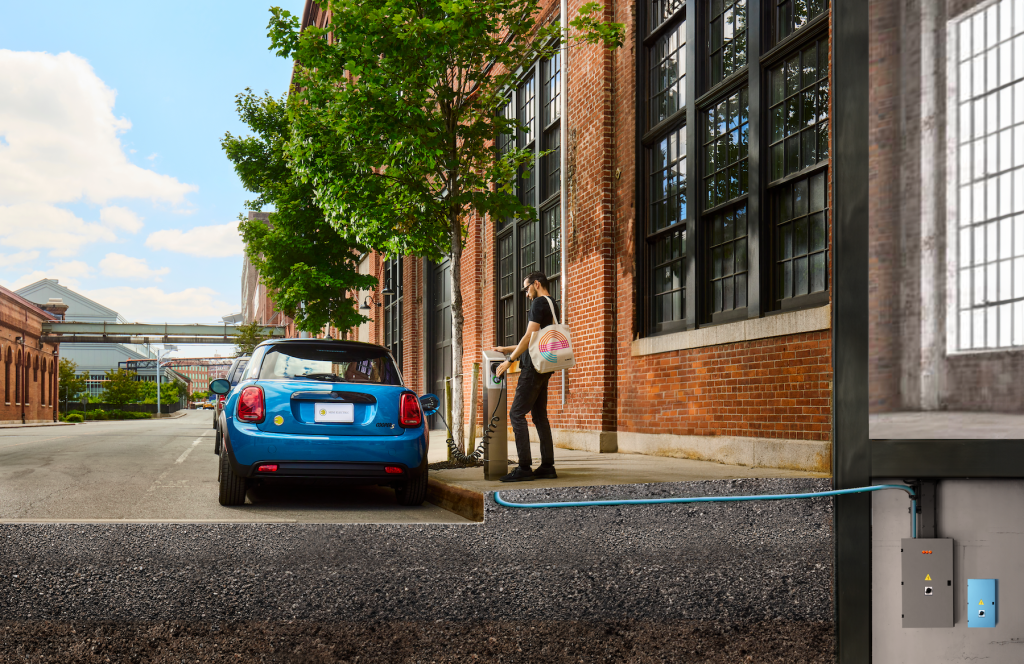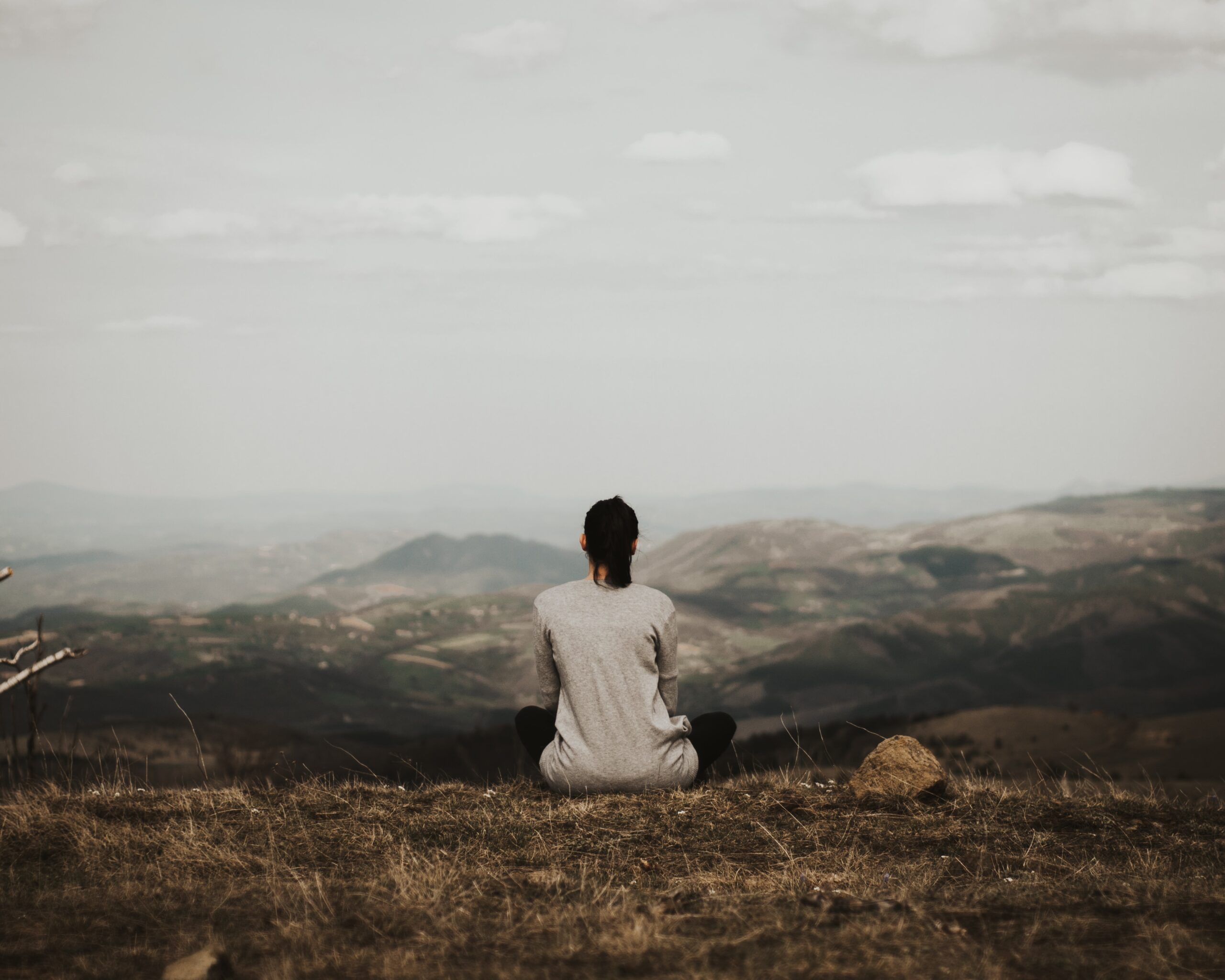Investing In People-First Communities: Pallet Shelter
by Olivia Kronemeyer
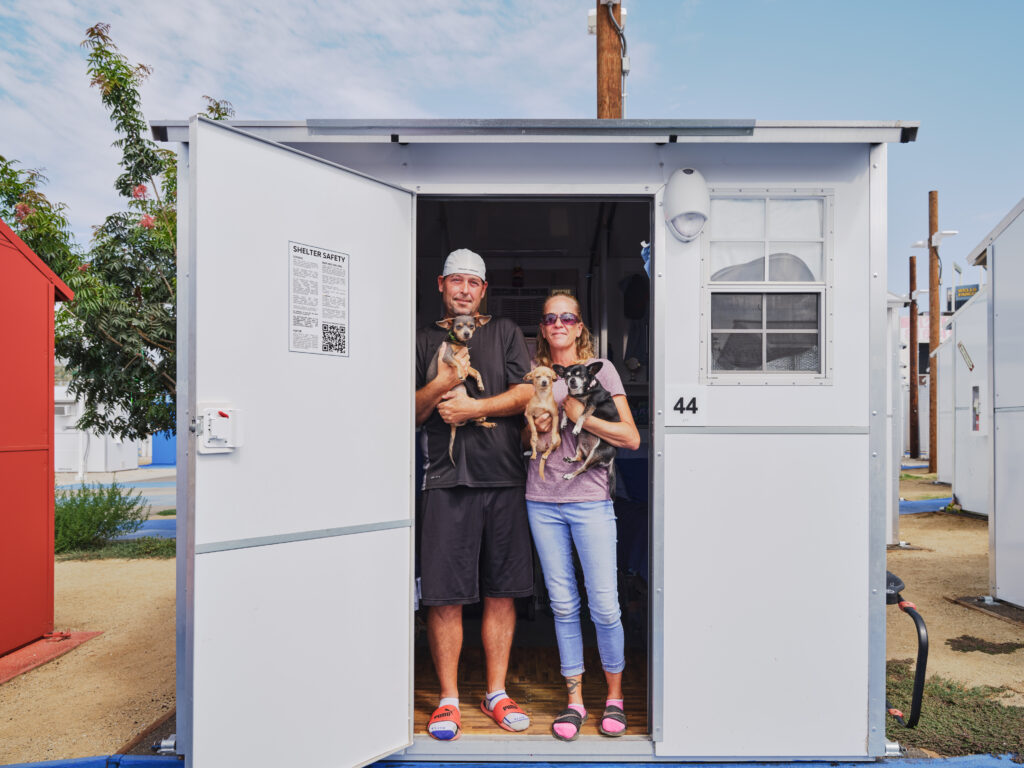
March 28, 2022
Over half a million Americans face housing insecurity on any given day, while unsheltered homelessness is up 30% since 2015. Most people experiencing homelessness lack an effective exit pathway to low-income or supportive housing.
Homelessness is a humanitarian crisis. A lack of housing adversely impacts a person’s physical and mental health, and chronic homelessness can reduce life expectancy by 20-30 years. Homelessness disproportionately impacts Black and Brown communities, as well as veterans and formerly incarcerated individuals. Traditional shelter solutions are expensive and require years to build.
Pallet Shelters was created to provide people experiencing homelessness the dignity of personal space in a healing community environment, filling an essential yet missing gap in the housing spectrum.
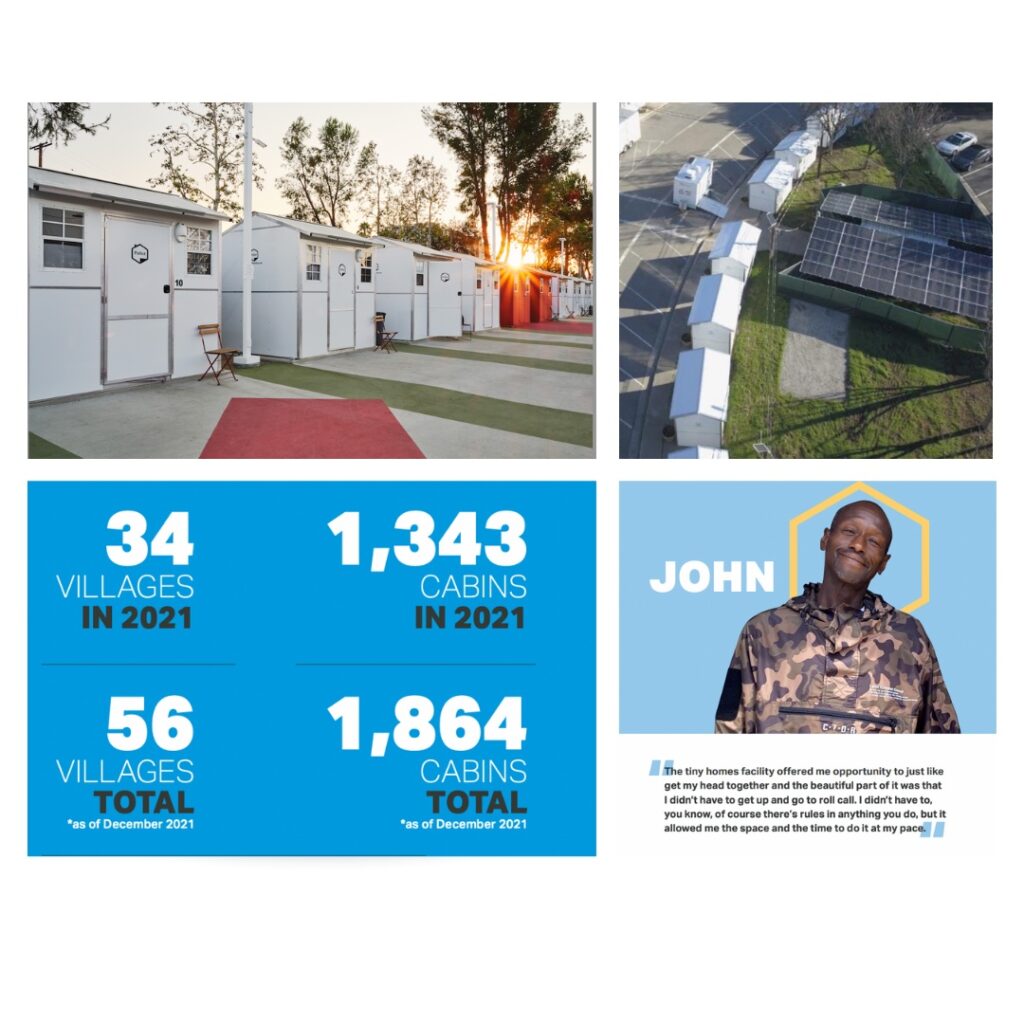
Led by CEO Amy King, Pallet is a Social Purpose Company (SPC) working to end unsheltered homelessness and give people a second chance at employment. Pallets’ dignified transitional communities can be constructed in less than a week, and include access to on-site resources, such as social services, food, showers, laundry, and more. The ultimate goal is to move people from transitional living to more permanent housing solutions. Pallet also employs system-impacted individuals and those with the lived experience of homelessness to both design and build their shelters. Today, 83% of their employees have been affected by homelessness.
We’re are proud to partner with Amy King, along with DBL Partners, Citi Ventures, Astia, Autodesk, Mimi S., and Tim Cavanaugh, to invest in a world where no one goes unsheltered.
This new round of $15M Series A funding will help Pallet scale, effectively meeting the need for interim and transitional solutions in communities across the country.
In 2021, Pallet erected 34 Pallet Shelter Villages, shipped 1,334 new cabins, and made 42 new hires. To learn more about Pallet and their mission to unlock possibilities by building people first restorative communities, take a look at their 2021 Impact Report.

